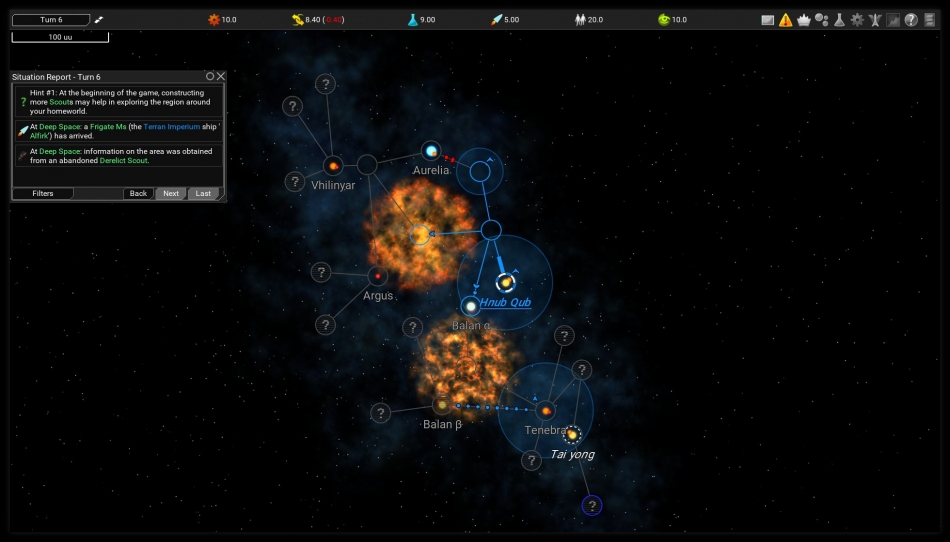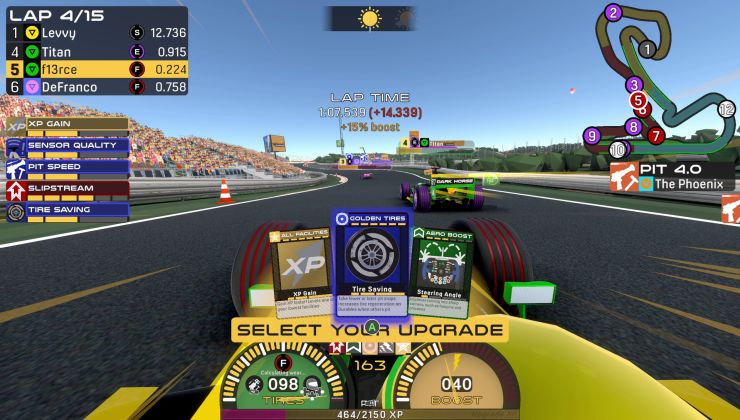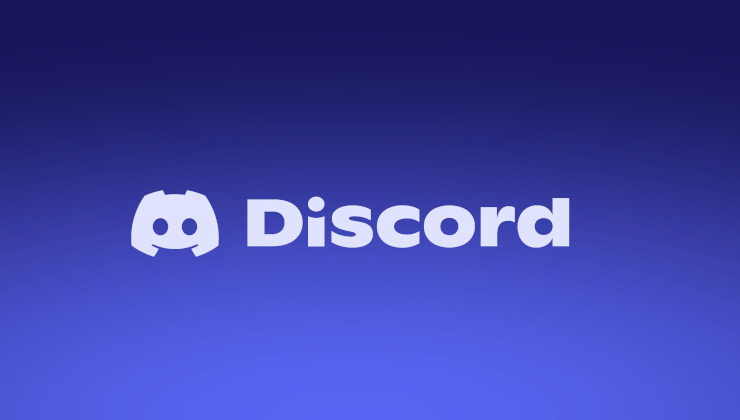The free and open source space strategy sim FreeOrion has a new release out, the first in quite some time.
Inspired by the Master of Orion series (they say it's not a clone) there's plenty of obvious similarities but it does play quite differently. Good to see it alive and well too, the 0.4.9 release that went up yesterday was the first major build since 2018.
Since the last release, the multiplayer side of FreeOrion has seen some big advancements. You can now run a "hostless" server without anyone connected and leave it running for people to play their turns asynchronously, chat is shared between the lobby and the game, chat window will flash to show you have a message, previously joined servers are saved and appear in the servers list of the connection window, Empires in a game can be restricted to certain players based on username-password authentication, an optional turn timer is in and more. A big quality of life update for the online multiplayer and it sounds like it's a lot better.

As for the rest of the game, the changes there are pretty huge too. The AI got multiple improvements to make it smarter, the in-game encyclopedia was expanded, you get a situation report for weapon upgrades and detection upgrades, you now get informed on changing relations between Empires, the "Fulver" species was added, new graphics for various space features like the ion storm plus the usual balance changes and bug fixes.
You can see the full 0.4.9 changelog here.
The easiest way to install FreeOrion is by the Snap Package, especially as it still currently depends on Python2 which most distributions are phasing-out.
About python 3: https://www.freeorion.org/forum/viewtopic.php?p=99304#p99304 https://github.com/freeorion/freeorion/pull/2653
Looks like it should be sorted out soon-ish (with ~next release)
It's really quite different from MOO. In MOO, except for the occasional wormhole you're doing FTL travel in open space; in FreeOrion they're connected by warp lines of some sort. Races are completely different. The specifics of what buildings you make on planets are almost completely different. The planets have somewhat MOO-like climate characteristics, but the way you get to colonize hostile planets is quite different; basically, planet types that are bad (for your race) hand you max population numbers that are actually negative, while various biological technologies give you max population boosts; get enough boosts to put a planet into the positive and you can colonize it (technically, you can anyway, your people just start dying; get the right tech in time and they'll start growing again). Weapon technologies are significantly different, and ship hulls are not only different but considerably more interesting--there are several broad "families" of ship hulls, like organic ones, ones that go down a path of hugeness enabled by gravitic technologies, a group of hull types made from asteroids which require an asteroid belt to make, and a family of ship hulls made of Pure Energy (muahaha!). They all have somewhat different advantages and shortcomings. In general the tech tree bears very little resemblance to the MOO tech tree, and there are quite a few interesting technologies.
Another difference is that in FreeOrion, art is almost nonexistent. It's a very bare-bones look, although you can customize what you see in an interesting, rather nerdy way, moving around and changing the size of sub-windows with different reports and stuff. Some of those sub-windows are well set-up and useful; some look like the results spit out by doing some kind of shell command, and it takes some play and thinking before you can start to figure out what all the lines of text mean. Luckily those are kind of less important ones and you can often just leave them minimized.
It can be frustrating. There have been a number of times when I tried to do something it seemed like I ought to be able to do, found I couldn't, and couldn't tell whether it was because of a glitch or because the game just wasn't telling me about some feature or limitation. Sometimes I eventually figured it out, sometimes I didn't.
Overall I'd say it's quite interesting and worth a look, but . . . let's just say you can tell it's an open source game, eh?
I'm not sure what I think about "removing micromanagement". Usually with this kind of game I'd rather micromanagement was made easier than taken away.
Last edited by Purple Library Guy on 10 Feb 2020 at 8:19 pm UTC
Quoting: Purple Library GuyI'm not sure what I think about "removing micromanagement". Usually with this kind of game I'd rather micromanagement was made easier than taken away.Played it yesterday. Agreeing on all points :)
It's still a fun experience so far.






 How to setup OpenMW for modern Morrowind on Linux / SteamOS and Steam Deck
How to setup OpenMW for modern Morrowind on Linux / SteamOS and Steam Deck How to install Hollow Knight: Silksong mods on Linux, SteamOS and Steam Deck
How to install Hollow Knight: Silksong mods on Linux, SteamOS and Steam Deck